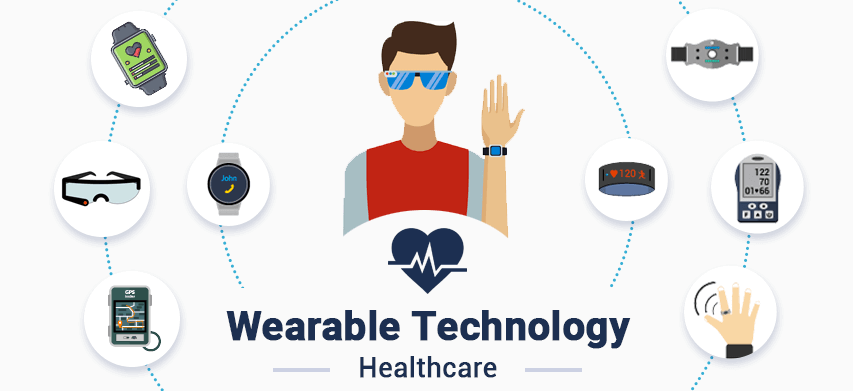Shop At Haya: Your Ultimate Shopping Guide
Discover the best shopping tips, trends, and deals for a smarter buying experience.
Wearable Tech or Just a Trendy Gadget?
Discover if wearable tech is the future of innovation or just another fleeting trend. Don't miss out on this must-read debate!
Is Wearable Tech Here to Stay or Just a Fad?
As technology continues to evolve at a breakneck pace, the debate over whether wearable tech is here to stay or merely a passing fad becomes increasingly relevant. Devices such as smartwatches, fitness trackers, and augmented reality glasses have become integrated into daily life, providing users with functionalities that range from health monitoring to enhanced communication. According to various studies, the global wearable technology market is projected to grow significantly, suggesting that consumers are seeing value in these innovations. The convenience and accessibility offered by these devices might indicate that wearable tech is not just a trend, but part of a broader shift toward a more digitally connected lifestyle.
However, the skepticism surrounding wearable tech cannot be overlooked. Critics argue that many of these devices may not fulfill their promises and that consumer interest could wane as the novelty wears off. It's essential to consider factors such as usability, cost, and actual health benefits. While some wearables offer impressive data analytics and customization options, others fall short of expectations. Ultimately, whether wearable tech becomes a permanent fixture in our lives hinges on its ability to adapt and provide genuine value, making the question of its longevity a pivotal discussion in the tech world.

The Benefits of Wearing Smart Devices: Are They Worth It?
Smart devices, such as smartwatches, fitness trackers, and smart glasses, have revolutionized the way we interact with technology and manage our health. One of the most significant benefits of wearing these devices is their ability to provide real-time data and insights into our daily activities. For example, fitness trackers monitor heart rate, steps taken, and calorie expenditure, making it easier for users to set and achieve fitness goals. Additionally, smartwatches can send notifications, manage calls, and track sleep patterns, all from your wrist, significantly enhancing convenience and productivity.
Moreover, the use of smart devices promotes a proactive approach to personal health management. By continuously tracking vital signs and activity levels, users can detect irregularities early on and seek medical attention if necessary. This capability can be particularly beneficial for individuals managing chronic conditions, as it fosters a greater understanding of their health status. In conclusion, while the initial investment in smart devices might seem daunting, their potential for improving health awareness and lifestyle efficiency makes them a worthwhile addition to many individuals' lives.
Wearable Tech vs. Trendy Gadgets: What's the Real Difference?
Wearable tech and trendy gadgets often find themselves in the same conversation, yet they represent vastly different categories of technology. Wearable tech refers specifically to electronic devices that are designed to be worn on the body, such as smartwatches, fitness trackers, and health monitors. These devices are primarily focused on improving user health and enhancing personal fitness, offering features like heart rate monitoring, GPS tracking, and sleep analysis. On the other hand, trendy gadgets can encompass a wide range of electronic devices, including smart home appliances, wireless earbuds, and the latest smartphones. While trendy gadgets may offer innovative features, they do not fit the 'wearable' definition as they are not designed to be worn on the body.
Another key distinction lies in the purpose and functionality of these devices. Wearable tech is inherently practical, intended to provide real-time data and insights that can aid in personal wellness and fitness goals. For instance, a fitness tracker can motivate users to achieve their daily step count or monitor their sleep patterns, fostering healthier lifestyles. In contrast, trendy gadgets often prioritize style and convenience rather than functionality, appealing to consumer trends and aesthetics. From the latest stylish Bluetooth speaker to cutting-edge smartphone designs, these gadgets capture attention through their sleek appearances and innovative features, but they may lack the utility that true wearable tech provides.